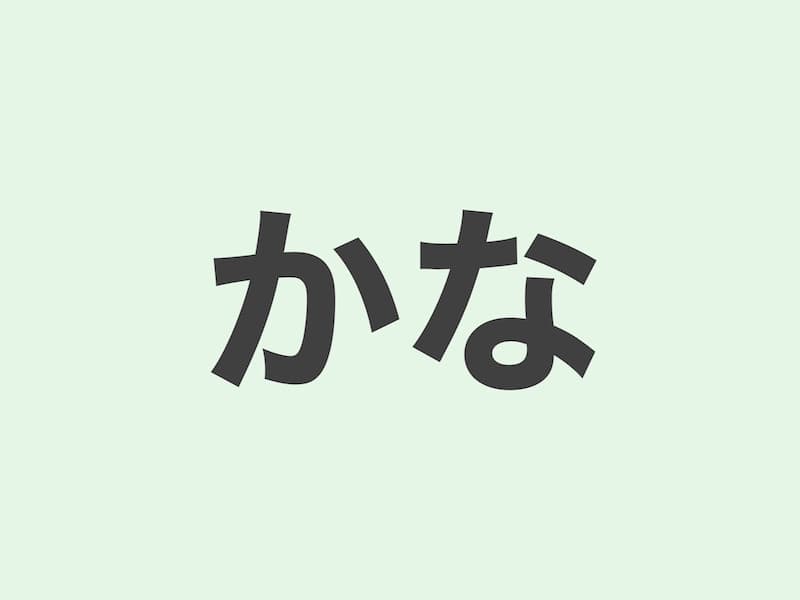説明 (Explanation)
文法(Grammar):普通形+かなあ
意味 (Meaning):疑問や不確かさを表す表現で、主に口語表現として使われます。これは話し手が何かを検討しているか、自分の意見を述べている最中に使われます。
英語(English):”かなあ” in English can be translated as “I wonder if” or “I wonder whether.” It is used to express uncertainty, contemplation, or curiosity about a situation or event.
JLPT Textbook Recommendations
例文 (Examples)
- 明日雨が降るかなあ。
- この計画、成功するかなあ。
- 今日は曇りだから、富士山が見えるかなあ。
- 合格できるかなあ。
- 明日寒いかなあ。
- 明日暇かなあ。
- 明日雨かなあ。
ひらなが (Hiragana)
- あしたあめがふるかなあ。
- このけいかく、せいこうするかなあ。
- きょうはくもりだから、ふじさんがみえるかなあ。
- ごうかくできるかなあ。
- あしたさむいかなあ。
- あしたひまかなあ。
- あしたあめかなあ。
英語翻訳 (English Translation)
- I wonder if it will rain tomorrow.
- I wonder if this plan will succeed.
- Today is cloudy, so I wonder if Mount Fuji will be visible.
- I wonder if I can pass.
- I wonder if it will be cold tomorrow.
- I wonder if I will have free time tomorrow.
- I wonder if it will rain tomorrow.





コメント